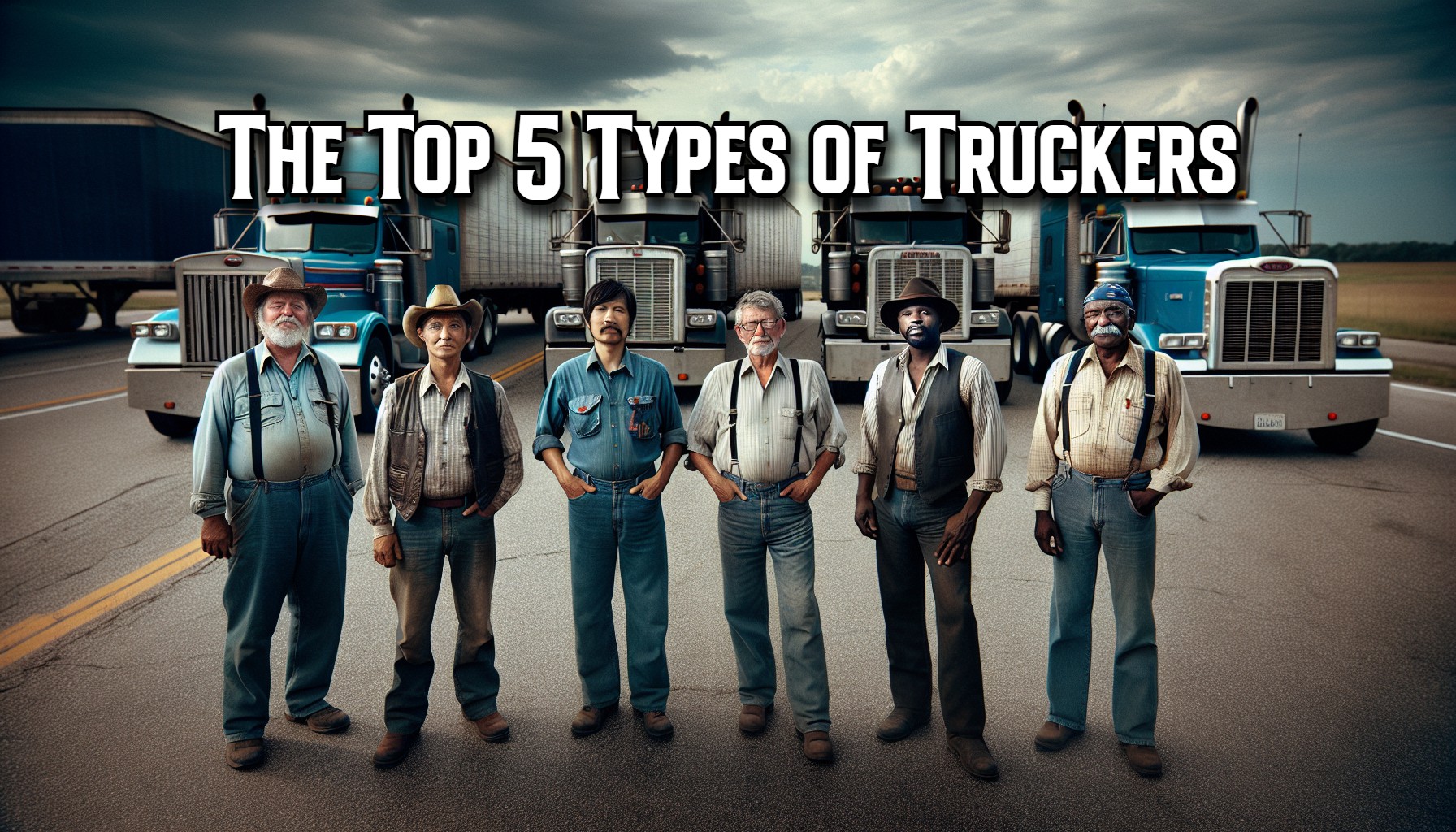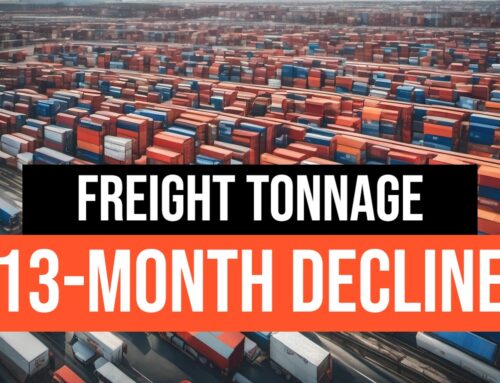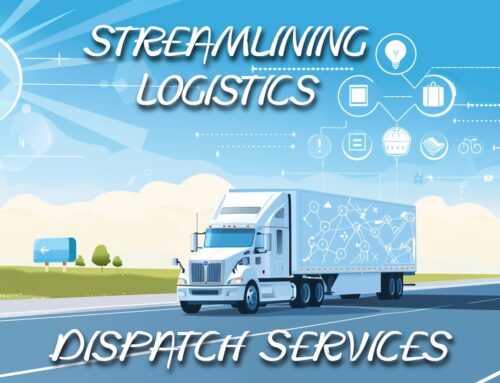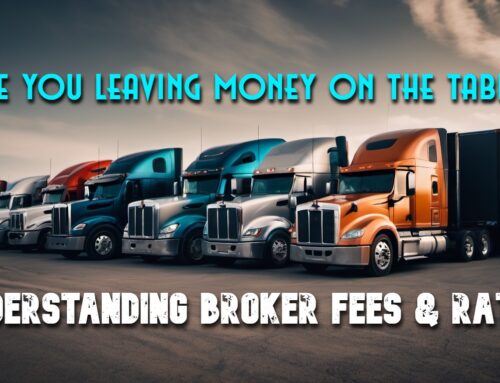There is so much confusion and disagreement about what is an owner operator or a lease operator/leased owner operator, and of course the lease on owner operator. So I finally decided to try and put this to rest, at least for those reading this blog post. Having a clear definition to these terms is super important and I highly suggest that you look through them several times over. With that said, state and federal agencies such as the IRS may have different definitions to these very terms. None of this is financial or legal advice.
What is an Owner Operator?
In trucking, there are distinct roles and relationships among carriers, owner operators, and lease operators. Here’s a clear definition of each:
- Carrier:
- A carrier is a company or individual that transports goods or passengers from one place to another. Carriers can range from small, independent operators to large corporations with fleets of trucks, ships, airplanes, or other modes of transportation.
- Carriers are responsible for the logistics of moving goods or people, including scheduling, route planning, and ensuring the safe and timely delivery of the cargo or passengers.
- They may operate their own fleet of vehicles or subcontract transportation services from owner operators or lease operators.
- Owner Operator:
- An owner operator is an individual who owns and operates their own commercial vehicle, such as a truck. Owner operators typically own or lease their truck and may work independently or contract their services to carriers or freight brokers.
- Owner operators have the freedom to choose their own routes, schedules, and clients. They are responsible for maintaining their vehicles, covering operating expenses (fuel, maintenance, insurance, etc.), and managing their business operations.
- Owner operators may work under contract with carriers, hauling freight on behalf of the carrier while maintaining a certain level of independence.
- Lease On Owner Operator:
- When an owner operator enters into a “lease on” agreement with a carrier, they essentially lease their truck to the carrier for a specified period.
- The owner operator maintains a level of independence but agrees to operate under the authority of the carrier.
- While operating under the carrier’s authority, the owner operator may be subject to the carrier’s regulations, procedures, and certain contractual obligations.
- The owner operator typically retains responsibility for certain costs related to the truck, such as fuel, maintenance, and insurance.
- Lease Operator (Leased Owner Operator):
- A lease operator, also known as a leased owner operator, is similar to an owner operator but operates under a lease agreement with a carrier.
- In this arrangement, the lease operator leases a truck from the carrier or a leasing company affiliated with the carrier. The lease agreement typically outlines terms such as lease payments, maintenance responsibilities, and duration of the lease.
- While lease operators have more independence compared to company drivers (drivers directly employed by the carrier), they are still subject to certain rules and regulations set by the carrier. They may also have specific contractual obligations regarding the types of freight they can haul and the routes they can take.
- Company Driver:
- A company driver is an individual who is directly employed by a transportation company or carrier.
- Unlike owner operators, company drivers do not own the trucks they operate. Instead, they drive trucks provided by the carrier.
- Company drivers typically receive a regular salary or hourly wage and may also receive benefits such as health insurance, retirement plans, and paid time off.
- They are subject to the carrier’s policies, schedules, and routes, and they may not have as much flexibility in choosing their assignments compared to owner operators.
In summary, a carrier is a transportation company responsible for moving goods or passengers, while an owner operator is an independent driver who owns and operates their own vehicle. A lease operator is similar to an owner operator but operates under a lease agreement with a carrier, combining elements of independence with contractual obligations to the carrier. Finally, a “lease on” owner operator arrangement allows carriers to expand their fleet without owning additional trucks, while providing owner operators with access to freight opportunities and logistical support. It’s a symbiotic relationship where both parties benefit, albeit with specific contractual terms and responsibilities outlined in the lease agreement.
I decided to also include a company driver to the list for good measure. Sure a company driver is neither a carrier nor an owner operator of any sort but a company driver is still a truck driver and many carriers and even lease on owner operators, employ company drivers as they grow their fleets. Ultimately a company driver is employed by a transportation company or carrier to operate their trucks. Unlike owner operators, company drivers do not own the equipment they operate and typically receive a regular salary or wage from their employer. The carrier provides the trucks, equipment, support, and oversight necessary for company drivers to perform their duties effectively and safely.

We Help Truckers Make More Money
Thanks for reading and I truly hope this helps clarify the main differences between these top 5 types of truckers. If you found this article helpful, imagine working with an experienced team of transportation professionals looking out for your best interests. We at AFT Dispatch and A2C Logistics wear many different hats. We work with carriers operating under their own MC authority, we hire company drivers, we lease on owner operators to work under our MC authority and we even offer lease-purchase programs to those who qualify. You read that right, we work with all 5 types of truckers and help them make more money on their miles.
If you have your own MC authority, keep running as you have and simply upgrade your truck dispatching for better results. Carriers get the benefit of working with our amazing truck dispatchers who are not only experienced and have proven to perform under all market conditions (even today’s), but we also handle much of the back office and paperwork, including onboarding and billing and invoicing. You can learn more about our truck dispatch service here.
Now, if you’re an owner operator of any type, you can also work with us. We lease on owner operators with their own equipment, we provide equipment through our lease-purchase program, and can even structure something specifically around your needs and situation. You can learn more about our different owner operator lease programs. I like to think of it as a “no bells and whistles” type of a program. We get you everything you need without all the unnecessary stuff. This way we can keep our costs low and pass on those savings onto you.
We also hire company drivers. If you’re a company driver seeking stable employment as a professional truck driver with an honest trucking company, the be sure to contact us and let us know all about you and what you’re looking for. If it’s a good fit, we’ll be sure to make it work.
You can always get in touch with us by calling or texting (801) 448-6363 or making your selection between carrier or owner operator and we’ll send you more information over email and call you to answer any remaining questions you may have. As an added bonus, be sure to take a look at our vast library of free educational trucking videos and let us know if we can be of any help.







Leave A Comment